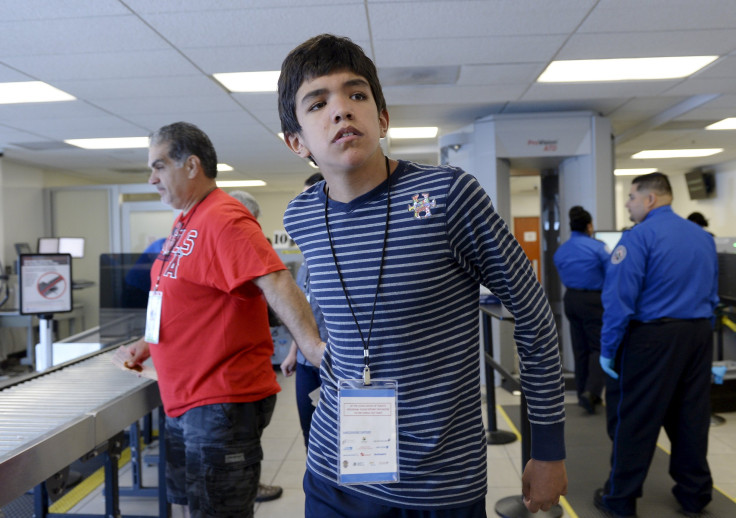Vitamin deficiency during pregnancy may lead to autism in children, say experts

The vital role that vitamin D plays in early life is now back in the spotlight with Australian researchers noticing a link between its deficiency during pregnancy and autism. The discovery has led to calls for the increased use of vitamin D supplements among women who are planning or are pregnant.
The research was led by the Queensland Brain Institute professor John McGrath and Dr Henning Tiemeierfrom the Erasmus Medical Centre, the Netherlands. They found that women suffering from vitamin D deficiency during the 20-week gestation period will have a child who may develop autism by the age of six. They are of the view that having a vitamin D supplement during the time will eliminate the possibility. Vitamin D is important to the health of bones and now scientists are linking it with the brain.
The team used 4,200 blood samples of pregnant women and children who were constantly monitored as part of the "Generation R" program in the Netherlands. The result revealed that the connection between vitamin D and the brain was the strongest in mid-gestation and at the time of delivery.
A person’s body absorbs vitamin D from sunlight. But it is going to be difficult in countries like Australia which makes supplement a safer choice.
What is vitamin D?
Vitamin D is a chemical that the human body needs for healthy bones, a strong immune system and healthy heart and lungs. The body can make it on its own using sunlight. One can also get it from food or supplements available in the market. Whatever the source is, this chemical has to undergo several changes before the body can use it. When it becomes usable, the body utilises it to regulate the amount of calcium present in the blood, gut and bones. It also protects you from neurodevelopment disorders like autism.
What is autism
Autism is a group of brain disorders. Children suffering from this condition will have difficulty in social interaction, verbal/non-verbal communications and repetitive behaviour in varying degrees. Even though autism may begin at the early stages of brain development, symptoms begin to appear only after a child is two or three years old.




















